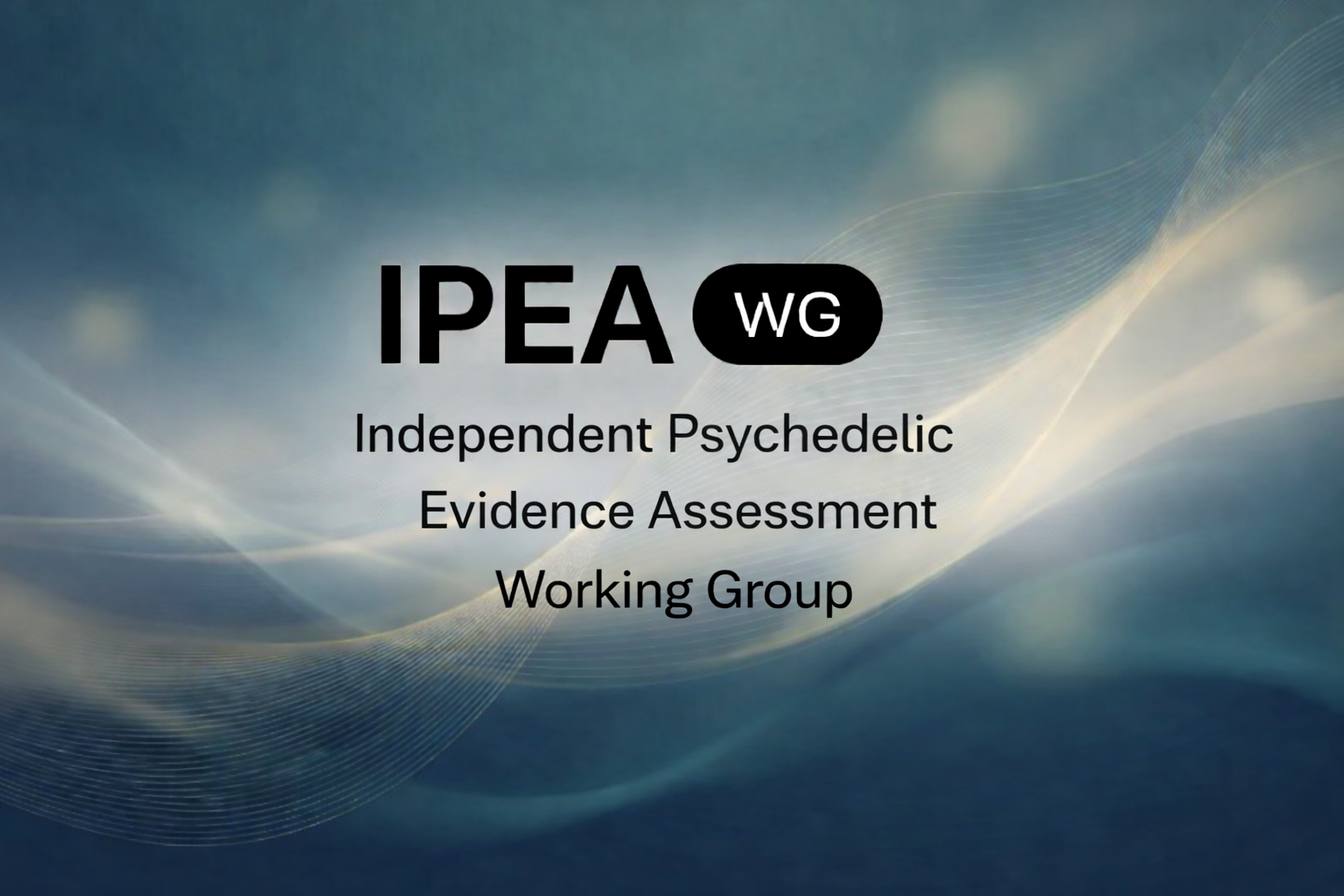● A European consortium of 19 partners has been awarded EUR 6.5 million by the European Union, marking the largest EU grant to psychedelic research to date and the first time that the EU has funded a multi-site clinical study into psychedelic-assisted therapy.
● A randomised controlled trial across four countries will investigate whether psilocybin therapy can help ease psychological and existential distress in patients suffering from four progressive diseases (“PsyPal”): chronic obstructive pulmonary disorder (“COPD”), multiple sclerosis (“MS”), amyotrophic lateral sclerosis (“ALS”, also known as MND) and atypical Parkinson’s disease (“APD”).
● Norrsken Mind is one of the partners in the project consortium and funded parts of the application process, including work by HumanKindLabs to initiate the application process.
The PsyPal study will launch in early 2024, with the aim of treating more than one hundred patients across four clinical sites in Europe, each focusing on a specific condition: COPD at the UMCG in the Netherlands, APD at the Champalimaud Foundation in Portugal, MS at the National Institute of Mental Health in the Czech Republic, and ALS, jointly at the University of Copenhagen and at the Bispebjerg Hospital in Denmark.
Participants will undergo two therapy sessions, receiving psilocybin or a placebo. Previous pilot studies have shown substantial reduction in depressed mood and anxiety in people living with a terminal cancer diagnosis, with sometimes persistent benefits. PsyPal marks the first clinical trial studying the safety and effects of psilocybin in non-oncology palliative care patients.
Robert Schoevers, head of psychiatry at the UMCG and principal investigator of PsyPal says: “We are eager to see if we can ease the suffering of these patients whilst also examining longer-term patient and family outcomes of this treatment, something that often gets overlooked but that is of enormous importance.”
European funding
This first-of-its-kind clinical trial is fully funded by Horizon Europe, the European Union’s key funding programme for research and innovation. Horizon Europe aims to foster collaboration, bolster the impact of research and innovation, and address global challenges through the facilitation of EU policies.
Schoevers says, "We are absolutely thrilled that the EU is supporting this ambitious collaborative study. There is growing recognition that psychedelic treatments may help patients for whom alternatives are not effective, and I am very glad we are receiving support from this highly prestigious funding program. It really helps to strengthen the collaboration between researchers from different countries and disciplines, focusing on potentially transformative interventions for severe, currently treatment-resistant mental disorders.”
Psychological and existential distress
All four diseases are incurable and profoundly life-altering, often leading to a loss of autonomy, severe psychological distress, demoralisation and decreased quality of life. Studies indicate that depression and anxiety symptoms affect 34% to 80% of individuals across these conditions. Conventional interventions often fall short for these palliative care patients, emphasising the need for new and effective treatments.
Innovative therapeutic approach
Recent research in psychedelic science, particularly centred on psilocybin, has demonstrated promising therapeutic outcomes for individuals grappling with depression and spiritual distress due to incurable illnesses, such as cancer. Psychedelic-assisted psychotherapy, which integrates the use of psilocybin in a secure setting alongside professional psychological support, is introducing an innovative therapeutic approach that addresses not just symptoms of depression and anxiety but also promotes spiritual well-being and quality of life in palliative care patients.
Beyond immediate clinical outcomes, PsyPal targets sustained well being for patients and their families post-psilocybin treatment. Using peer support and online tools, the project aims to enhance coping mechanisms and alleviate distress as people approach the end of their lives.
Collaborative and interdisciplinary consortium
This pioneering approach is more than a clinical trial, but an interdisciplinary partnership consisting of 19 European organisations from nine different countries. The consortium brings together a wide variety of specialists, including psychiatrists, palliative care physicians, psychologists, and experts in psilocybin therapy, alongside researchers focusing on spiritual care and representatives from religious institutions.
PsyPal Partners
The following organisations are part of the PsyPal consortium (listed alphabetically): 29k, A+ Science, Bispebjerg Hospital, Champalimaud Foundation, European Association for Palliative Care (EAPC), European Federation of Neurological Associations (EFNA), European Psychiatric Association (EPA), HumanKindLabs, IESE Business School, Lung Alliance Netherlands, Madopa, National Institute of Mental Health in the Czech Republic, Norrsken Mind, OPEN Foundation, University Medical Center Groningen (UMCG), University of Copenhagen, University of Groningen, University of Stockholm, Uppsala University. In addition, the PsyPal consortium will be also actively engaging with PAREA (the Psychedelic Access and Research Europe Alliance).
About Norrsken Mind
Norrsken Mind is a foundation focused on supporting research on psychedelic substances and their potential to treat mental health disorders through fundraising and grant opportunities. Our goal is to catalyse more research in Sweden and across Europe to improve the understanding of psychedelic-assisted treatments, as well as to inform and engage with mental health stakeholders through education and training efforts. Norrsken Mind is a continuation of Osmond Foundation, which funded the first Swedish modern clinical trial using psilocybin-assisted therapy to treat depression at Karolinska Institutet.

The partners in the research consortium are committed to upholding the highest ethical standards in clinical and research practices, as laid out in the Horizon Europe regulation. Furthermore, the consortium will adhere to any requirements or recommendations from ethics committees and regulatory authorities.
PsyPal is funded by the European Union. Views and opinions expressed are however those of the author(s) only and do not necessarily reflect those of the European Union or the Health and Digital Executive Agency. Neither the European Union nor the granting authority can be held responsible for them.


.png)


